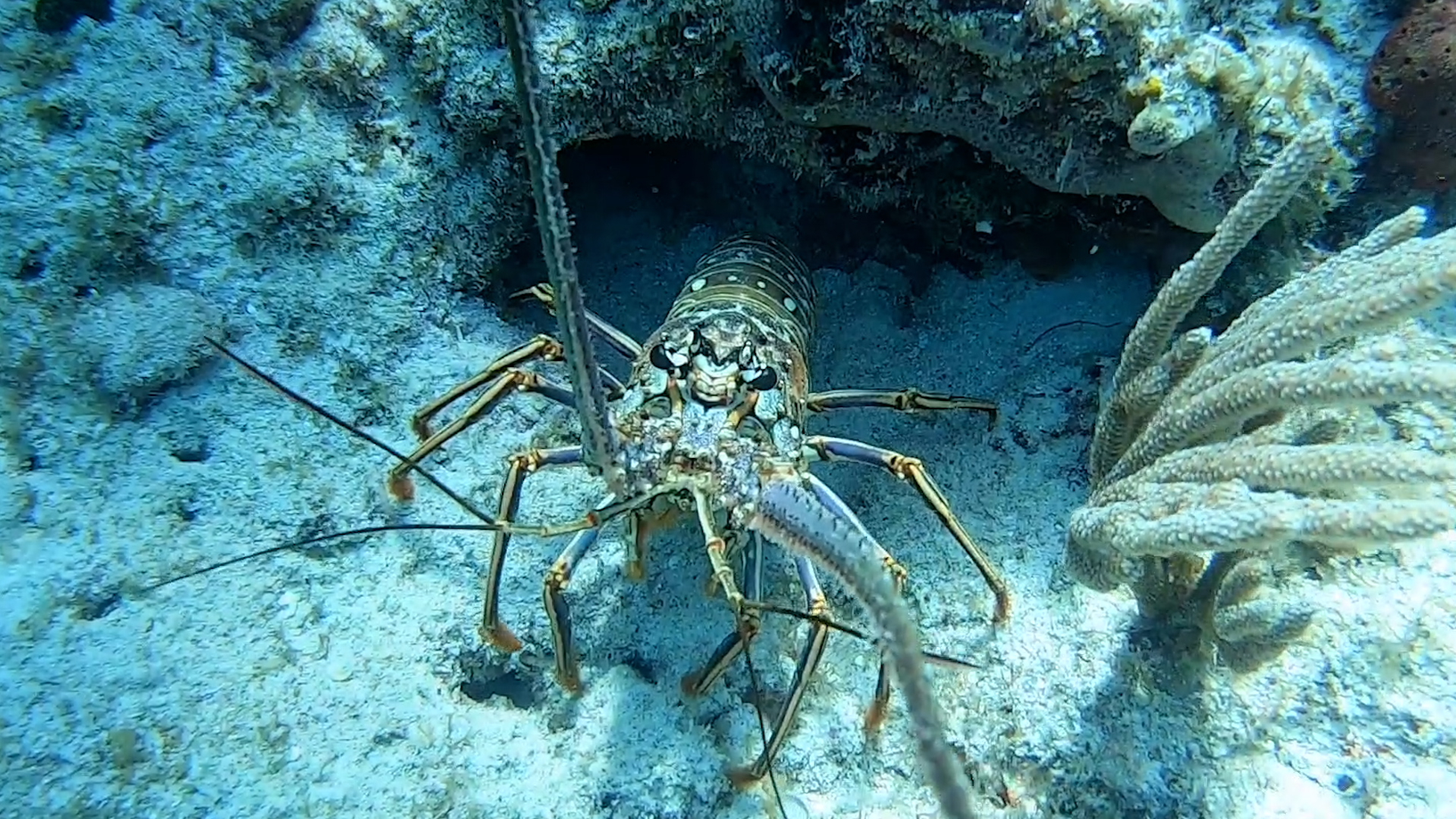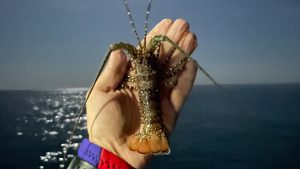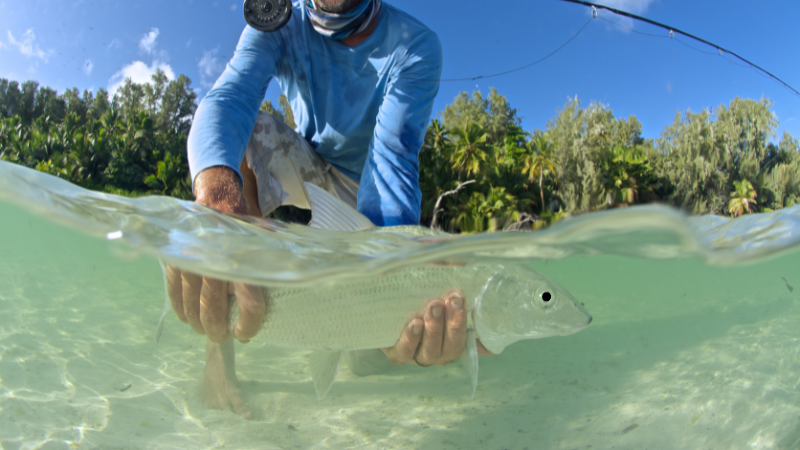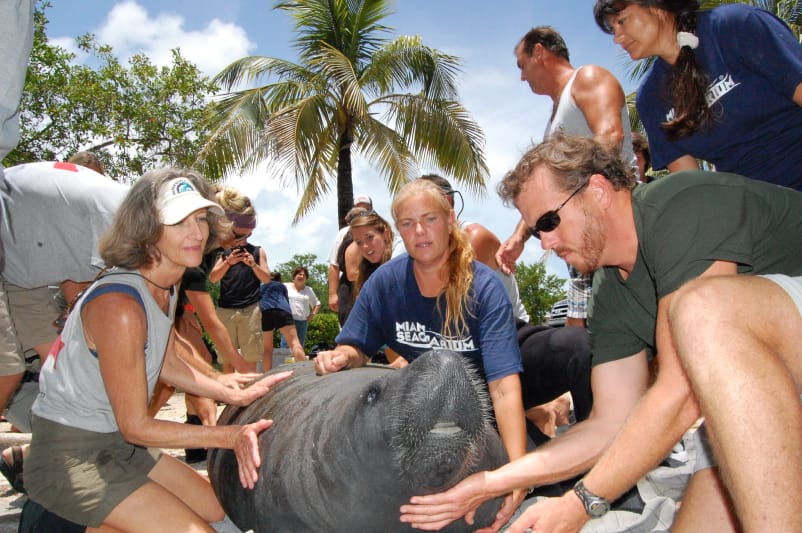
In an increasingly urgent battle to save Florida’s Coral Reef, a surprising hero has emerged: the spiny lobster. Recent research by the Florida Fish and Wildlife Conservation Commission (FWC) has uncovered that these lobsters play a crucial role in protecting corals from predators.

The researchers found that spiny lobsters act as “knights in spiny armor,” defending coral reefs from predators. The three-year study, funded by a $37,000 grant from the Foundation, revealed that the urine of spiny lobsters scares off snails and fireworms that are known to feed on live coral. As social animals, this species of lobster uses their urine to communicate with other lobsters and aggregate shelters together. Prey privy to the smell of their urine learn to avoid these areas on the reef. This behavior is particularly beneficial in areas where nursery-grown corals are planted at less degraded sites as part of restoration efforts, as the outplanted baby corals are prime targets with little defense against predators.
Thanks to last summer’s marine heatwave, the study also unexpectedly examined how the food web around coral reefs is shifting due to environmental changes. Scientists observed that lobsters at less degraded reefs were picky in their food choices, eating fireworms and even invasive lionfish, the first time that meal was confirmed! But at the more degraded reefs, the lobsters were forced to eat whatever was available, like the last hour at a buffet. As lobsters eat fewer coral predators and more herbivores, a reef damaged by bleaching is now even more vulnerable to degradation. These observations provide valuable insight into the interdependence of the ocean, and how the food web is susceptible to ripple effects of climate change happening now.
The findings come at a time when coral reefs worldwide are under immense stress due to climate change. Last summer’s record ocean heat killed entire coral colonies in some areas of the Florida Keys, including reefs where restoration work had been ongoing for over a decade. NOAA confirmed that high temperatures are causing the fourth global bleaching event in history, emphasizing the urgency of coral conservation efforts. In Florida, pillar coral has nearly vanished, and other species struggle to survive without human intervention. While the spiny lobsters’ role is significant, it is not a complete solution. Comprehensive strategies, including genetic research for more resilient corals and robust replanting programs, are essential for the reefs’ recovery.
In our commitment to Florida’s Coral Reef, we will continue to be both responsive and proactive to save one of our greatest natural resources. In addition to providing valuable grants for studies like these, we’ve also created a Freedom to Fail grant program. Launched in 2023 for Mission: Iconic Reefs, the grant allows researchers to push boundaries without fear of failure. This experimental approach provides valuable insights, enabling us to shift from a focus on quantity to quality in coral restoration, creating more intentional and effective restoration processes. The first round of recipients included developing methods for faster coral planting techniques, increasing diademas near outplanted corals, and developing a novel way to track how much coral fish eat.












